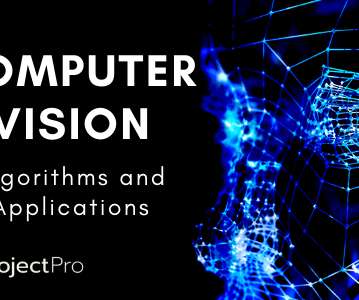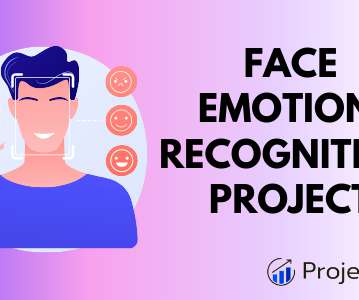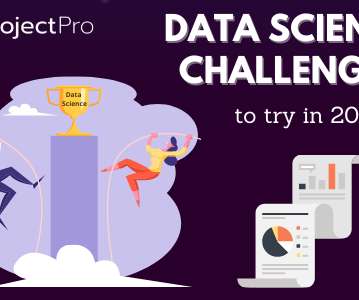Computer Vision: Algorithms and Applications to Explore in 2023
ProjectPro
NOVEMBER 8, 2021
With the advancement in artificial intelligence and machine learning and the improvement in deep learning and neural networks, Computer vision algorithms can process massive volumes of visual data. With no future adieu, let's look at some of the most commonly used computer vision algorithms and applications.












Let's personalize your content